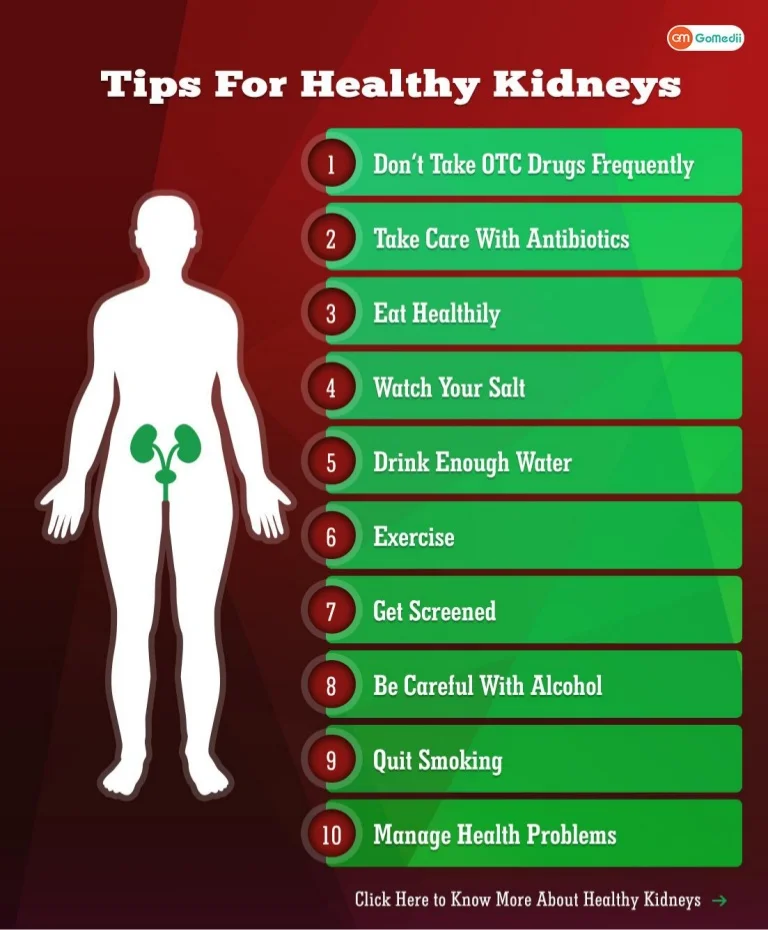How to Maintain Dental Health for People with Kidney Disease

The Connection between Kidney Disease and Oral Health
Kidney disease can cause several oral health issues, such as dry mouth, bad breath, and gum disease. People with kidney disease may produce less saliva, leading to dry mouth, which can increase the risk of tooth decay and gum disease. Additionally, kidney disease can cause a buildup of toxins in the body, which can lead to bad breath. Poor oral health can also negatively affect kidney function, as bacteria from infected gums can enter the bloodstream and cause inflammation in the kidneys.
Brush and Floss Regularly
Regular brushing and flossing are crucial for maintaining good dental health. Brush your teeth at least twice a day with fluoride toothpaste and a soft-bristled toothbrush. Floss at least once a day to remove food particles and plaque from between teeth and under the gumline. If you have trouble holding a toothbrush or flossing, ask your dentist about adaptive devices that can help.
Visit Your Dentist Regularly
Regular dental checkups are important for preventing dental problems and maintaining good oral health. Schedule a dental appointment every six months, or as recommended by your dentist. During the checkup, your dentist will examine your teeth and gums, clean your teeth, and check for any signs of dental problems.
Maintain a Healthy Diet
A healthy diet is essential for overall health, including dental health. Eat a well-balanced diet that includes plenty of fruits, vegetables, whole grains, and lean protein. Limit sugary and acidic foods and drinks, as they can increase the risk of tooth decay and erosion.
Manage Dry Mouth
Dry mouth is a common problem for people with kidney disease. To manage dry mouth, drink plenty of water throughout the day, chew sugar-free gum or suck on sugar-free candy to stimulate saliva production, and avoid caffeine and alcohol, which can worsen dry mouth.
Benefits and Drawbacks of Maintaining Dental Health for People with Kidney Disease
Benefits
- Prevents dental problems such as tooth decay and gum disease
- Improves overall health and well-being
- Can improve kidney function by reducing inflammation caused by oral bacteria
Drawbacks
- May require additional effort and time to maintain good oral hygiene
- May require additional dental appointments and procedures
- May be more costly due to additional dental care needs
FAQs
Q: Can kidney disease cause tooth decay?
A: Kidney disease can cause dry mouth, which can increase the risk of tooth decay. Additionally, some medications used to treat kidney disease can cause tooth decay and gum disease.
Q: Can gum disease affect kidney function?
A: Yes, gum disease can cause inflammation in the body, which can negatively affect kidney function.
Q: Is it safe for people with kidney disease to receive dental treatment?
A: Yes, dental treatment is generally safe for people with kidney disease. However, it is important to inform your dentist of your condition and any medications you are taking.
Q: How can I prevent bad breath caused by kidney disease?
A: To prevent bad breath, practice good oral hygiene, drink plenty of water, and avoid caffeine and alcohol.
